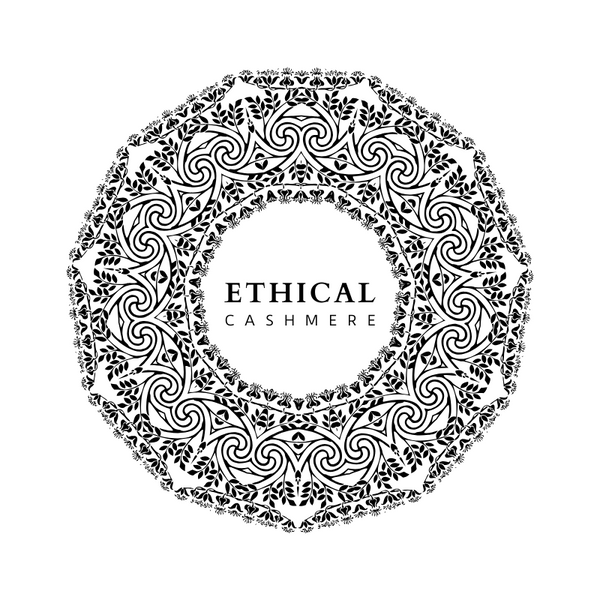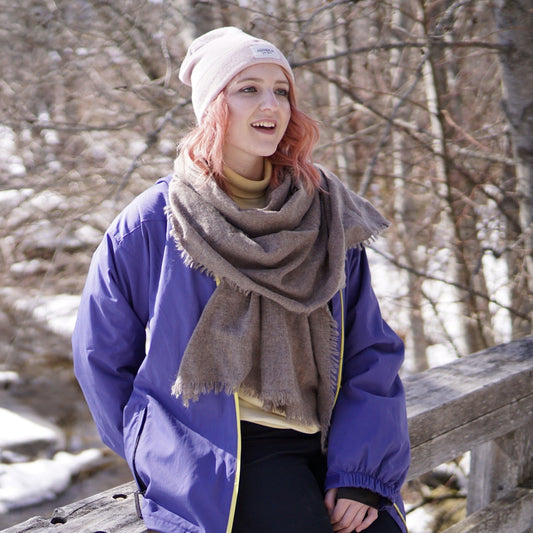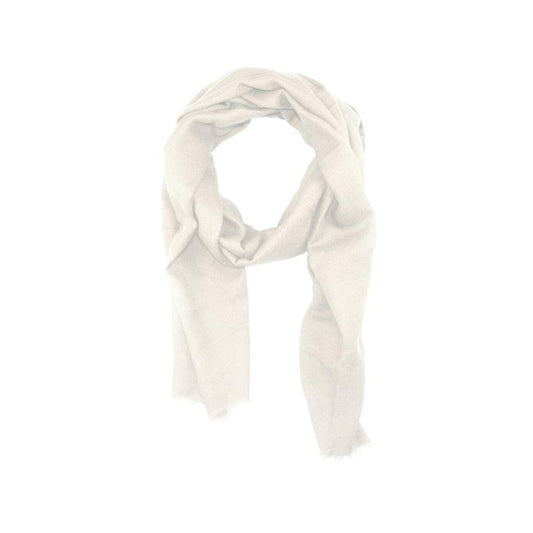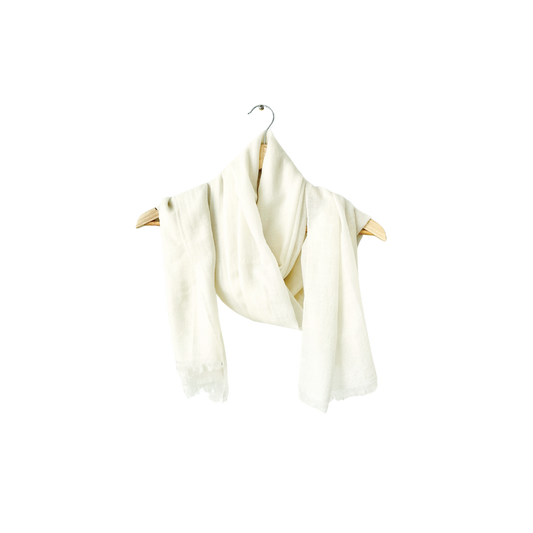How Are We Ethical?
The Ethical Cashmere Ambition

The Himalayan cashmere economy that connects its mountain communities, still exists in the face of impersonal and industrialised fashion. But increasing supply of mass-produced cashmere is eroding the sustainability of traditional cashmere production.
However, we prefer to choose cashmere products that are respectful to people, animals, and the mountain way of life. So we have established this online store to bring you the original Himalayan cashmere.
We have not attempted to consolidate the value chain, or change the business model to improve profitability, which would come at the expense of the communities involved. Join us as we endeavour to sustain the values of traditional cashmere production, and sustain it further into the new century. So that we would not lose the wise ways of doing business that would serve us better in the sustainable world to come.
As part of this commitment, our ambition is to double the value of cashmere weaving work, to create more free time and a better quality of life for our weavers. None of the shop profits currently go to us; this ambition is our first priority. We also hope to find ways for our Nepal partner to participate more in the store to directly learn online retail (although data access is a major obstacle, and probably why ethical online brands haven't done it yet).

~The Original Himalayan Cashmere~
Free range, ethically harvested cashmere
When we say our cashmere is ethically harvested, we don't mean when measured against technical definitions of how many goats per acre pasture, or how much time outdoors qualifies as 'free range'.
We mean it in the intuitive expectation of ordinary people.
Nomad tribes of the Himalayan highlands keep flocks of sheep and cashmere goats, herding them along mountain routes to summer high pastures, and back again to winter shelters. They travel thousands of miles on foot every year, across terrain which is the natural habitat of the goats, to the best summer pastures in the highest altitudes.
This is why Himalayan cashmere is the finest. They are simply pastured at the highest altitudes, and must be the purest alpine breeds to remain adapted to the journey.
As the nomads pass through mountain villages in springtime, the cashmere goats moult naturally. These are hand combed by the herders and sold to yarn makers along the way. (If you want more, then you'll have to catch up to them high in the mountains to harvest the rest of the moult - a very difficult expedition for those who are not mountain guides!)
So, as you can see, we don't mean 'free range' as a matter of degree, comparing it to better or worse regulations governing lowland-pastured goats. The goats have the entire mountain to range. It is at a completely different level of authenticity.
By buying an Ethical Cashmere product, you would be supporting traditional Himalayan herders instead of mass farmed cashmere.
Fairly traded cashmere, freely contracted
The traditional cashmere business is one that emphasises connectedness between different traders and communities in the Himalayas. There is no single supply chain; rather, it is about nurturing relationships between communities of retailers and weavers, yarn-makers and nomad herders.
Each are independent, but interconnected. Their independence allows the ability to negotiate contracts to suit their diverse ways of life, while their interdependence gives resilience in uncertain times.
Our local partner is present in the region, and trades directly with local wholesalers and weavers. Sumi's family maintains familial, consultative relationships with longer-term weavers, who come from multiple weaving communities in Nepal and Kashmir. Weavers negotiate collective bargaining contracts independently, allowing maximum flexibility to customise the terms of work.
By buying an Ethical Cashmere product you would be helping a coalition of small local enterprises maintain our existing community-based cashmere economy.
Empowers women & community artisans
Women are the prime weavers of cashmere in the region, especially in Kashmir. (In Nepal, cashmere weavers are often also men). While always a co-operative activity, cashmere work often involves women, whether in its weaving, finishing, or dye work. As a traditional cashmere artisan, women can engage in high value work without being forced to leave their families to work in city factories.
By buying an Ethical Cashmere product you are actively helping to bring financial independence to the weaver, and contributing to the empowerment of women within their preferred societies.
Affirms the Himalayan way of life
The original Himalayan cashmere is produced by different communities with very different ways of life. Weavers and yarn makers work in their villages, around existing family life. Herders are nomadic, sheltering under simple tents, constructing their earthen stoves anew each day while searching for summer pastures. Retailers live the bustle of town life interacting with tourists and visitors, or travel between communities to renew relationships.
No community is forced to change their preferred way of life, or to become like each other, to make the supply chain more 'profitable'.
Nomads are not forced to settle in place; they make their own decisions on pasturing so that the mountain is never overgrazed.
Weavers are not forced to clock in at a factory to regular working hours; they manage their own time and weave in their spare time, so the rural culture stays intact.
Retailers are just another part of the ecosystem and are not interested in monopolies, because otherwise their sister communities will lose their independence, and the Himalayan way of life will be gone.
By buying an Ethical Cashmere product you would be supporting cashmere-weaving employment that protects the independence of Himalayan communities to manage their family and lifestyle choices.
Back to store:
Premium Cashmere Oversized Scarf | ACTIVE
Light Cashmere Shawl | CHIC
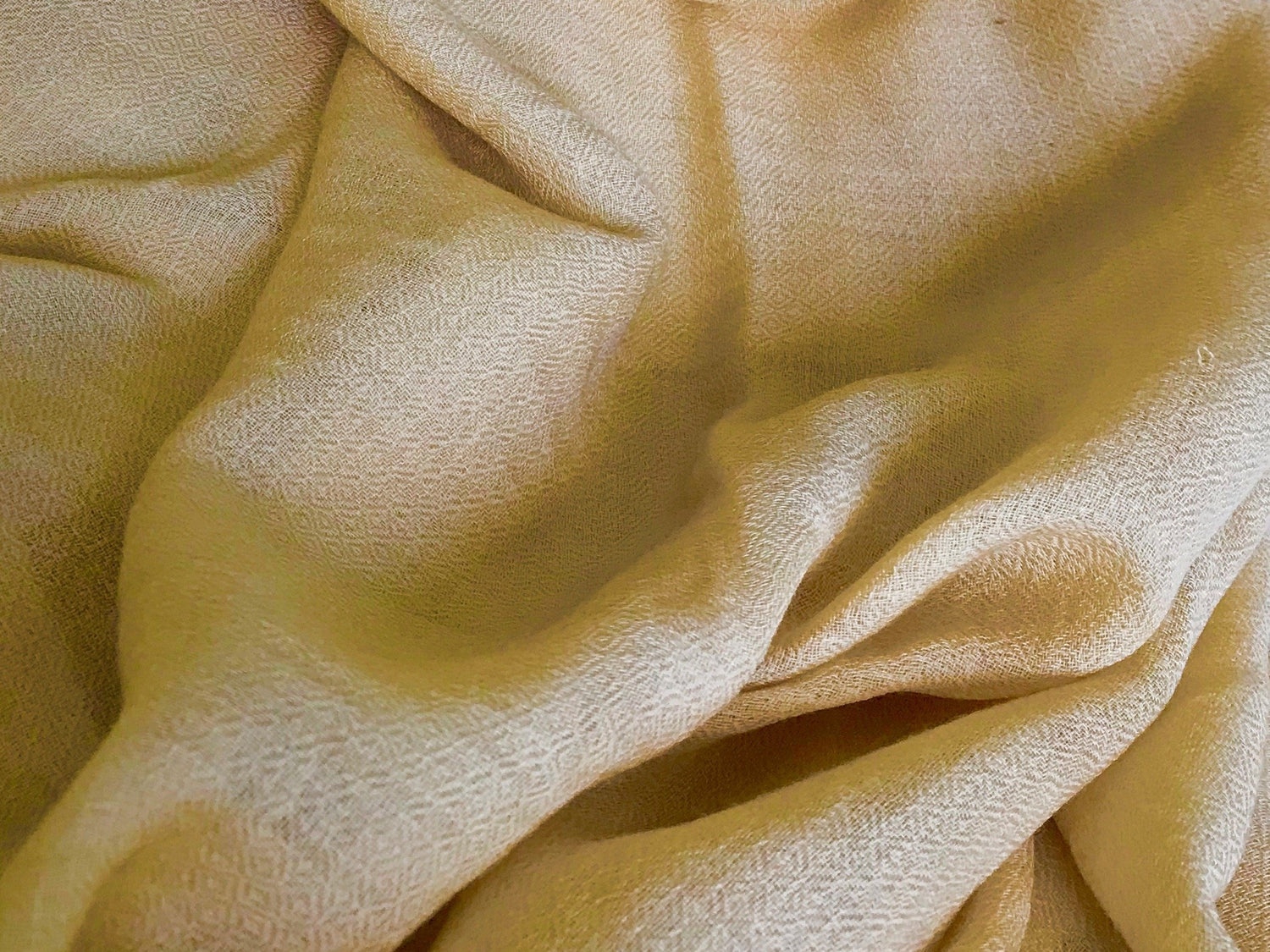
CASHMERE ON SALE
Traditional cashmere is an investment in mountain communities and the nomadic highland...
